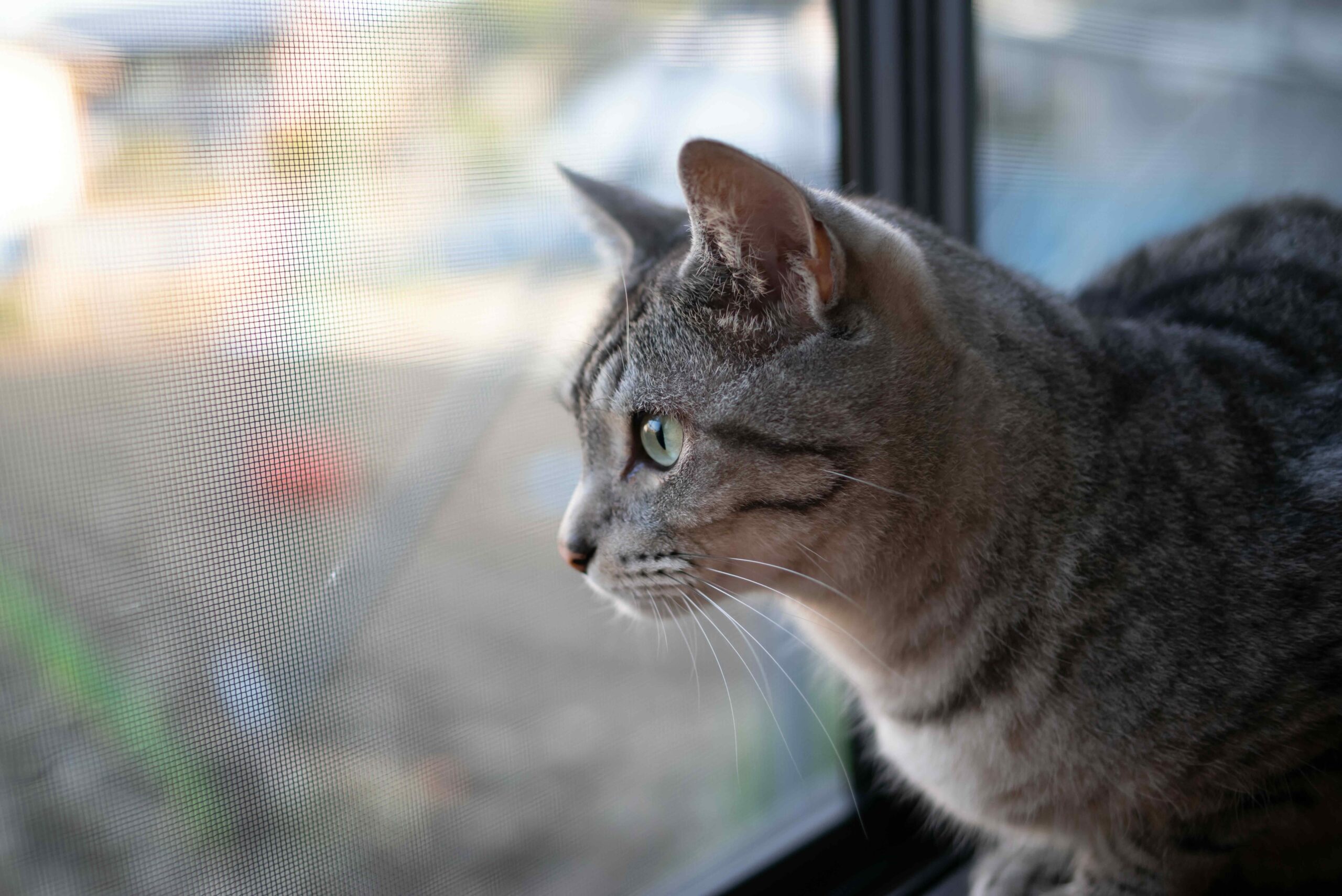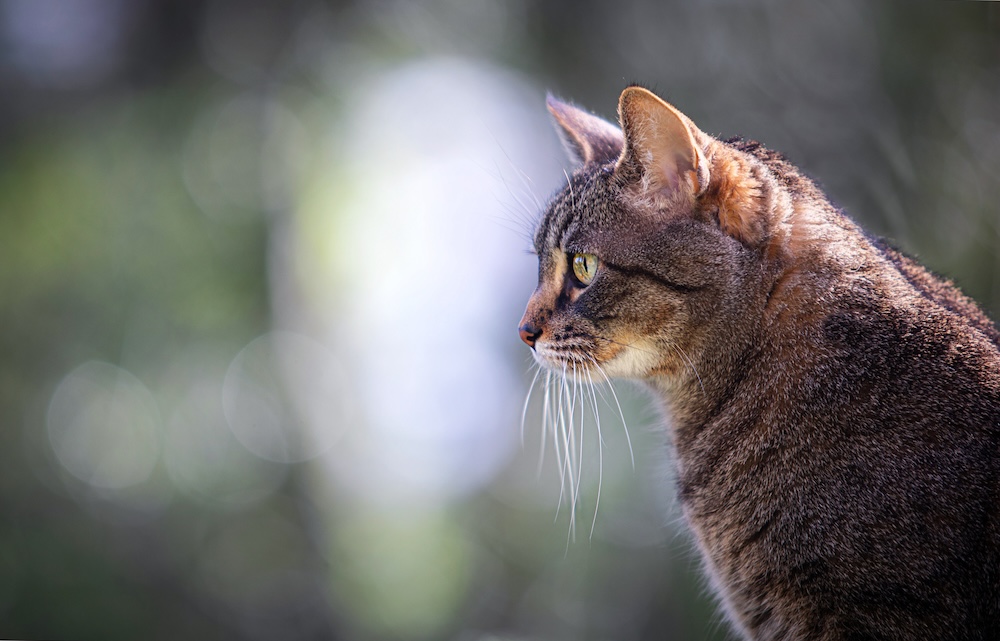Highly Pathogenic Avian Influenza (H5N1) is becoming an increasing concern in the United States especially for infections in our pet population.
The U.S. Food and Drug Administration has provided pet owners and animal caretakers with information about ways to reduce the risk to their animals of contracting this infection. Domestic felines and wild cats appear to be particularly sensitive to HPAI and care should be taken to not expose these animals to the virus. It appears that transmission of HPAI to cats is occurring through food, most often unpasteurized milk or raw or undercooked meats. Cats should be kept from hunting and consuming wild birds. Although dogs can also contract HPAI, they currently appear to be less susceptible to the virus than cats and there have been no cases detected in dogs in the United States as of 12/2024. It is best practice to limit dog exposure to HPAI by following the same recommendations as for cats, including that dogs should not be fed any raw or unpasteurized foods. If you think your pet has been exposed, you should seek veterinary care if your cat or dog appears to have any of the following signs:
- Fever
- Lethargy
- Low appetite
- Reddened or inflamed eyes
- Discharge from the eyes and nose
- Difficulty breathing
- Neurologic signs, like tremors, seizures, incoordination, or blindness
Here is a current map of positive tested animals: https://www.aphis.
To schedule a visit call or text: 614-389-0997




